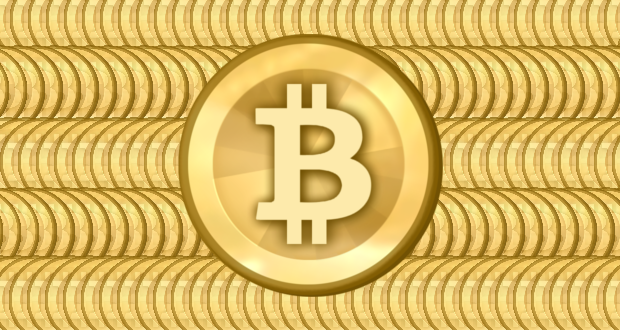On December 2, 2014, a transaction worth almost $83 million hit the Bitcoin blockchain. That's amazing, even before we start talking about fees. Someone was able to move millions of dollars around the globe, without even leaving his leather office chair. Ok, so I don't know those details for sure, but they're certainly possible with Bitcoin. For all I know, the sender was still wearing his PJs.
What's most interesting about this transaction is, as I mentioned, the fee. Four cents. Four of those tiny not-even-copper-anymore rounds. There are tons of ways to move fiat currency but I'm nearly certain that all of them cost more than 0.000000046%, especially when crossing borders.
To be fair, moving fiat currency might not cost as much as many Bitcoiners think. When praising this cheap Bitcoin transaction, some people claimed that an equivalent fiat transaction would cost several percent of the transaction size, which isn't necessarily true. Sure, a merchant accepting $83 million in credit card sales could end up paying over 3% in fees, but that's not how multimillion dollar transactions usually work. Even at just 1%, this transaction would cost $830,000, which is insanely high.
In truth, bank wires usually cost around $10-25. This isn't too crazy compared to that gigantic 1% fee, but it's still a lot more than 4 cents. Sometimes the sender pays the fee, sometimes the recipient, and sometimes a little of both. VIPs with large deposits might be able to get their fees waived, but the bank still has to pay something. When it comes down to it, banks pay the Federal Reserve about 70 cents to execute a wire transfer, and that's about the cheapest that anyone could claim that a large fiat transfer costs.
Seventy cents? That's chump change, right? Not quite. That's more than 17 times as much as the cost of that Bitcoin transaction! It's a huge difference when you think about it. Plus, Bitcoin transactions are immeasurably more convenient than wire transfers. So who in their right mind would not use Bitcoin to transact?
Some critics might complain that I haven't considered the fees charged when cashing into and out of Bitcoin. Even on the cheap side, it costs about 1% to exchange cryptocurrency for fiat and vice versa, which can lead to a 2% fee if the sender has to cash in and the recipient has to cash out. That's a valid concern for someone who doesn't trust cryptocurrency, but I do. I have very few qualms about holding onto my coin. If more people trusted Bitcoin and used it regularly, there would be no need to cash in or out.
Of course, that's not to say that I'm right to have no qualms. There is always a chance that Bitcoin could collapse forever, and I recognize that. Anyone who believes that the risk is too high is certainly free to use old-fashioned, expensive bank transfers. As for myself, I'll take my chances and opt for much cheaper transactions.
 You, Me, and BTC Your Liberty & Bitcoin Podcast
You, Me, and BTC Your Liberty & Bitcoin Podcast





